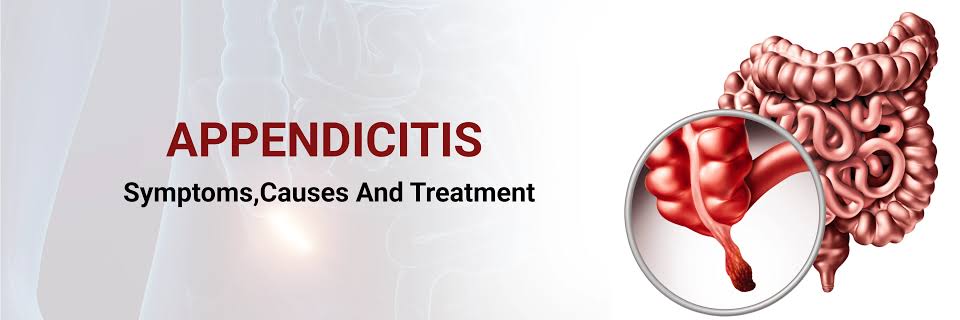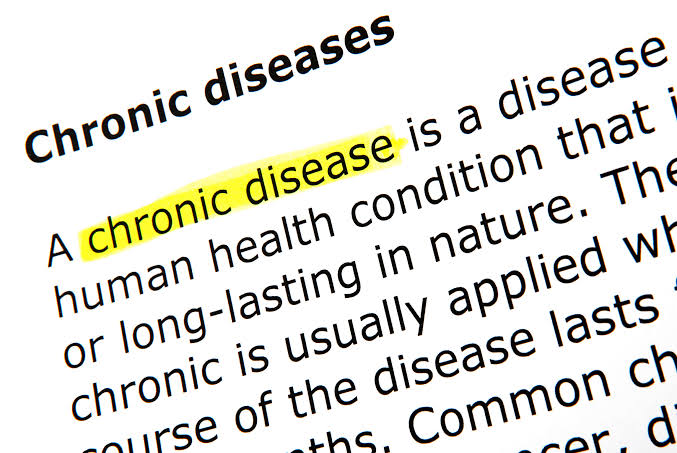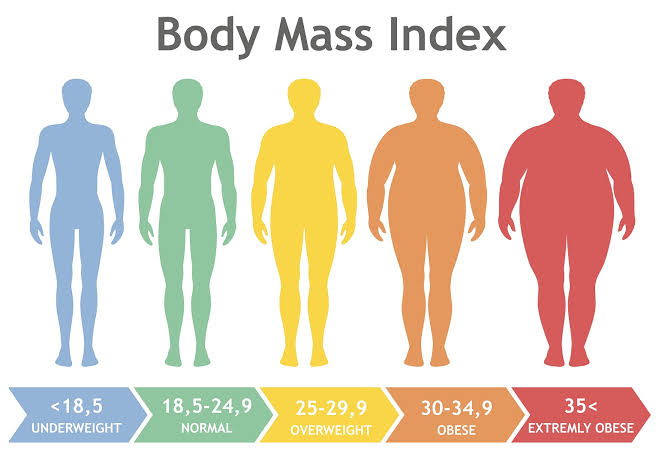Understanding Appendicitis
History In April 1961, the Sixth Soviet Antarctic Expedition took a horrific turn. Doctor Leonid Rogozov, the team’s only doctor, began to feel weak and feverish, with severe pain in his right side. A few days later, it became clear he had appendicitis, an infection that can cause the appendix to burst. Rogozov knew that […]
Understanding Appendicitis Read More »










